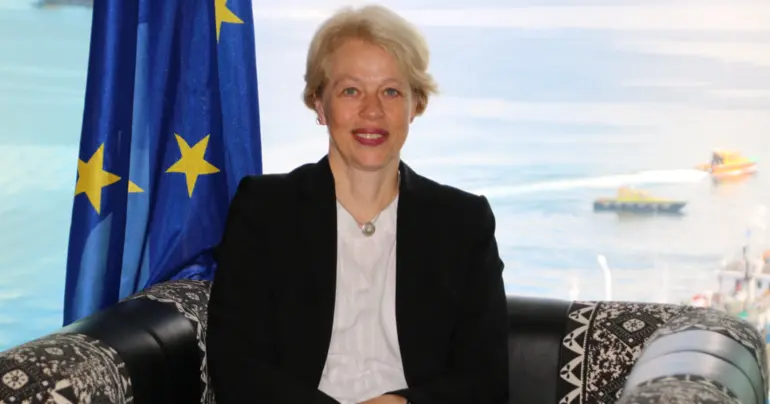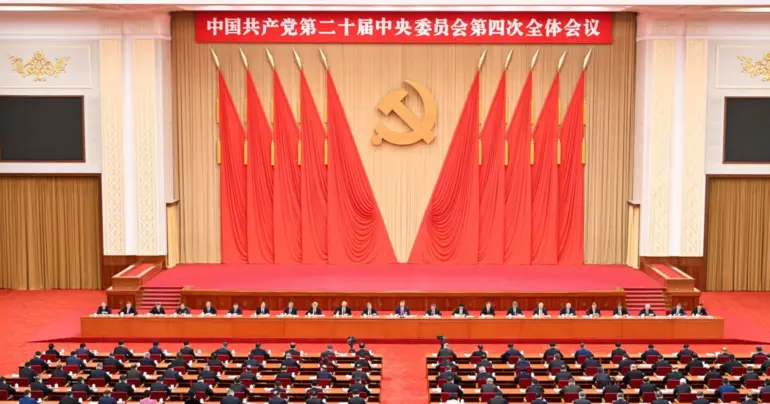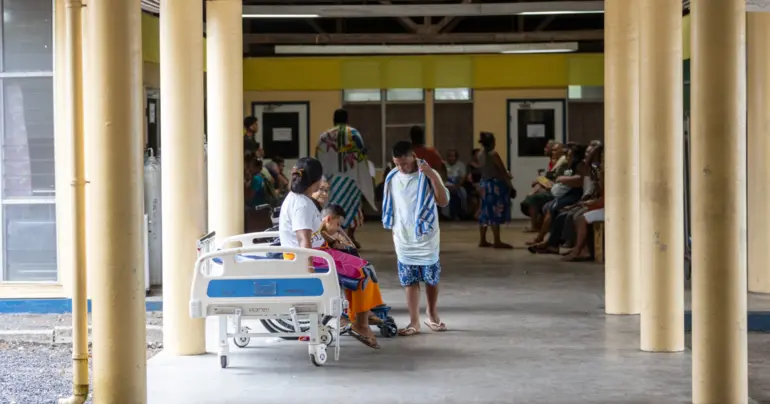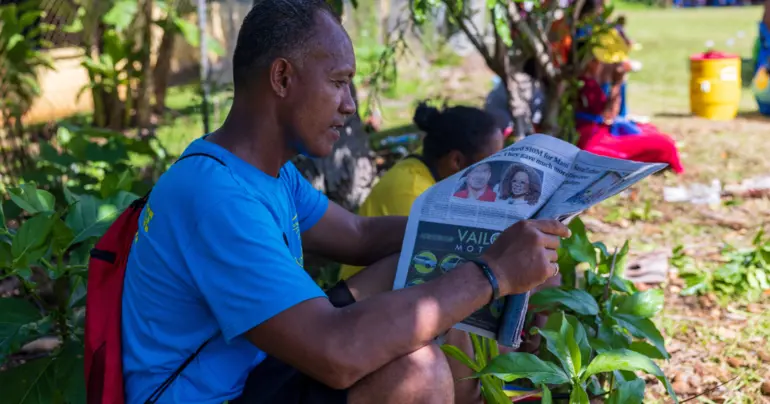The wisdom of restraint in Christmas
Luke’s story of the birth of Jesus in chapter 2 begins with the usual display of the Roman world: Caesar, decrees, the census, registration, and governor, which are key indicators of a developed fast-paced society. They not only represent the imperial order, they also represent the imperial pace of rapidity in development. But outside of this fast-paced centre of development is a society whose livelihood is determined by the wisdom of restraint. This is typical of Luke and his “reversal of the reversed” method.
Restraint is the wisdom behind the inevitable pause, rest, and wait in many island cultural practices. It is an old wisdom to monitor greed and guard us against entering the house of pride. Such wisdom can be found for example in the biblical notion of the Sabbath, a principle of selfless growth where pause, rest, and the audacity to wait are instrumental to God’s salvation. Or in the Pauline concept of ‘Kenosis’, the self-emptying of God. It is a therapy to constantly cure the self from the infection of the ego. The angel’s words: “This will be a sign to you: You will find a baby wrapped in cloths and lying in a manger” (v.12) reflect the restraint of God, who instead of choosing the more developed Jerusalem and the Temple chose the less known manger and less known people.
The shepherds paused to hear the good news, and as a result became a new worshipping community with angels leading the chorus of praise, having exclusive access to the divine promise that was normally confined to the Temple. Thus, the birth of Jesus is a clear message of God’s withdrawal from any religious centre that controls divine access. For the Messiah to be born outside of Jerusalem is not only an affirmation of God’s restraint, an offer of ‘indispensable thereness’ to be with everyone, it is also an affirmation of solidarity to walk at their pace.
Mary and Joseph paused to appreciate any space available for the birth of their child. They didn’t complain about what was available to them, a manger. While fast-paced societies are more focused on entitlements which often leads to complaints, slow-paced societies are more attuned to gratitude. Because life in these societies operates more around probabilities and opportunities than in certainties, they give thanks for every gift made available to them, though less and small. Limited resources are the midwife of maximum opportunities. Uncertainty is normally the birthing ground of a new kind of hope. The placing of Jesus’ birth in a manger removes the Gospel from the stronghold of the culture of certainty. Certainty kills faith. It removes hope from the gushing opportunities edging in the unseen (Heb. 11:1). It places trust more in the machinery of systems than in the living movement of God’s Spirit.
Instead of accepting the regulated social order that exposes Mary and her expected child to public disgrace, even to death, Joseph paused to find the strength. Joseph knew that as a father, Mary would need him in these difficult moments. As a result, Joseph stood ‘with’ and ‘for’ her, knowing that his act would also cost him his reputation and life. However, he realised he was chosen to stand up for the vulnerable. Out of the dirt true prophets are forged.
The message of “great joy to all people” (10) offers a very powerful meaning. In slow-pace societies, joy titillates the mirth of collective gratitude. Laughter. Humour. Singing. Dancing. Jokes. Praising. These are all ingredients of wellbeing. Joy blooms especially in the garden of struggles. Joy prevents us from rushing. It slows us down to look after each other and appreciate the natural flow of things. It is the bedrock of resilience for slow-pace societies.
Today, we have lost this old wisdom. We are so obsessed with progress and growth, production and profit, technology and speed, and recently green transition, to meet the pace of development that we miss the opportunity to really pause to recognise God’s gift, “wrapped in cloths and lying in a manger”.
When we live in societies with a deficiency for restraint, we set ourselves to fail to appreciate the beauty of everything despite the fact that we have everything. We no longer live with each other despite the fact that we live next to each other. We all want to be good keepers of relationships but we don’t want to let go of the obsession to be gatekeepers. We no longer see the value of standing ‘with’ and ‘for’ others despite the fact that the opportunity we have today is the result of the blood of others who fought and stood for us. We even miss the promise of the gift despite the fact that amongst us is the gift. A non-restraint culture sanctions the evil in us to replace the good news of Christmas with the smugness of ego.
During this time of the year, while many countries and regions prepare to enter a season of celebration, Pasifika communities prepare to enter a season of cyclones and unpredictable yet regular natural disasters. During the time of penning down this message, Vanuatu was hit by a 7.3 magnitude earthquake with several after shocks with the death toll expected to rise and tsunami warnings aired throughout Pasifika. More of this kind would be expected. It’s that time, according to past statistics, where Pasifika had lost most lives compared to the rest of the year.
But it’s a time where restraint is normally active. People pause to furnish first their resilience before Christmas gifts and parties. They often wait for joy in the midst of painful circumstances. They rest to discern the opportunities in the midst of uncertainties. They wait to seek strength to stand in solidarity ‘with and ‘for’ those who cannot keep up, and afford to bounce back from loss. It’s a time where restraint finds a face in the beauty of waiting and the patience of collective care.
This Christmas is an invitation to slow down. To pause. To wait. To find peace with each other, with ourselves, with creation, and with God. To caution against the irreparable sin of rapidity. The story of the birth of Jesus would have been straightforward. However, Luke wanted us to find the manger first, the symbol of God’s restraint. The manger will be our greatest teacher. We find the manger, we discover the worth of what we are fighting for and the wisdom why no one should be left behind in the process of salvation.
In the spirit of restraint and joy in the midst of the cyclone season, I wish you all a wonderful and safe Christmas. Manuia le Kerisimasi!
Rev. Professor Dr. Upolu Lumā Vaai is the principal of the Pacific Theological College.











